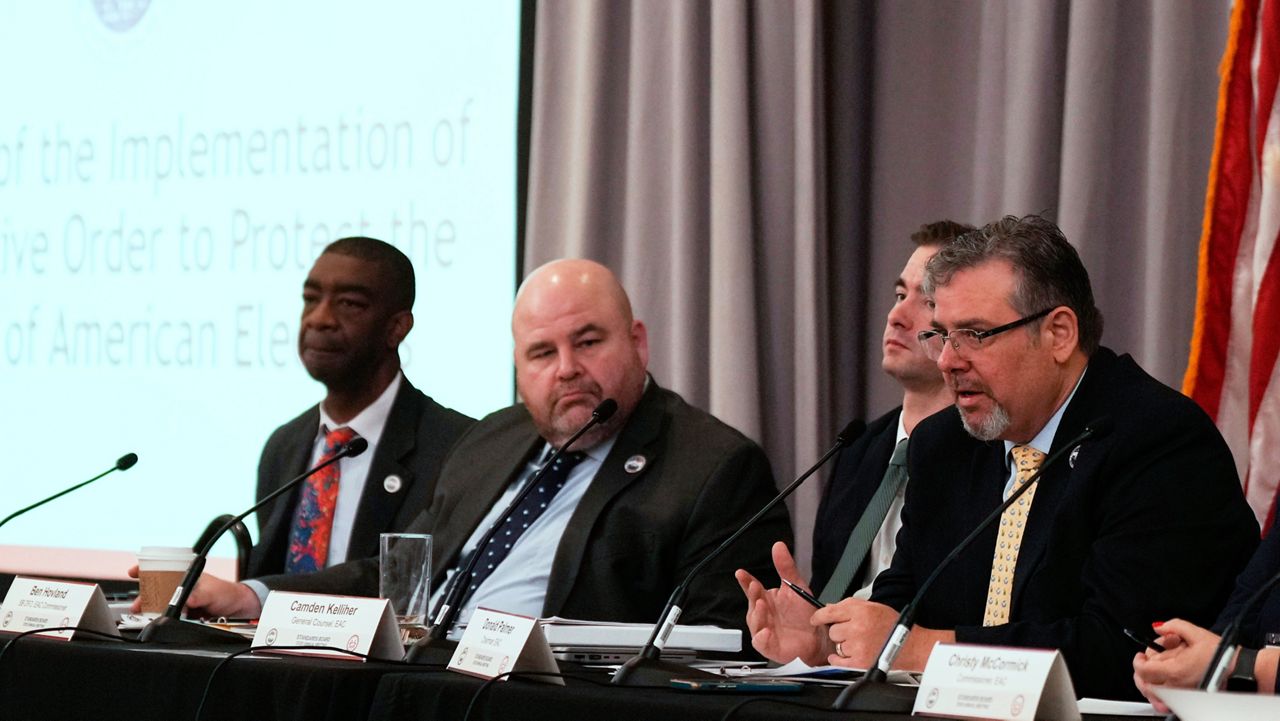SAN DIEGO — A scientist is brewing up solutions in her lab at Scripps Research.
Yuzhong Liu, Ph.D., is using her background in synthetic biology to produce QS-21, a powerful molecule that boosts immune response and helps makes vaccines more effective. QS-21 is an FDA-approved adjuvant for shingles, malaria and COVID-19 vaccines.
It is traditionally harvested from the soapbark tree, but she copied the genes and pasted them onto baker’s yeast. Liu says it’s similar to the fermentation process of making beer.
“It smells like beer and bread and smells like happiness to me,” Liu laughed. “And now we’re ready for some good brewing.”
She says accessing large quantities of QS-21is a major challenge. It’s commercially sourced from soapbark trees that grow in specific areas of Chile, and only once trees are at least 30 years old. Now, they can use the yeast to “brew” QS-21 from cheap, simple sugars.
“Instead of having to harvest the original plant and wait for decades for the tree to grow, instead you can harvest this molecule in just a matter of a couple of days,” she said.
Ben Naman, Ph.D., is the director of medicinal plants research at the San Diego Botanic Garden. He knows how important the soapbark tree is to the future.
“One molecule that’s produced in this plant, in its bark especially, is going to change the world,” Naman said.
He noted that the Chilean government was forced to introduce legislation to prevent deforestation of the soapbark tree, and he’s encouraged to see a more sustainable way to produce the molecule that will reduce environmental impacts and meet the growing demand.
“What [Scripps Research is] doing is really alleviating a lot of that economic pressure to grow and strip trees too slowly or to forcefully go into the forest and deforest or poach the population that’s already there and so their biotechnology is actually a conservation tool,” Naman said.
As the race to find cures for infectious diseases and to prevent future pandemics ramps up around the world, Liu believes access to QS-21 is more important now than ever before.
“We didn’t think we would be able to make it, but somehow we were able to,” she said. “Just make it a thousand times faster and access large quantities of it.”
According to researchers, production in yeast increases the yield by at least 1,000 times, and shortens the production time from decades to days.













